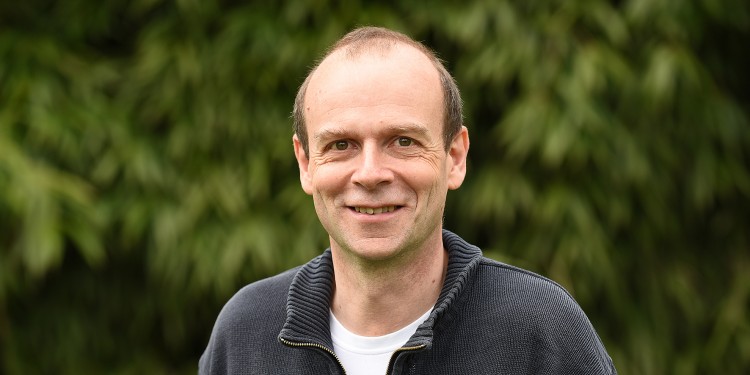
“The ruling means the death of modern genetic techniques in plant breeding”
On 25 July the European Court of Justice (ECJ) gave its long-awaited ruling on new techniques of breeding plants. The judges decided that these new techniques fall under the stringent EU legislation regulating genetically edited organisms. This means that plants produced using the new techniques known as gene editing will have to undergo a safety test for example before they can be approved, and there will be labelling requirements for foodstuffs modified in such a way. Christina Heimken spoke to Prof. Dirk Prüfer, a plant biotechnologist at the University of Münster, about the ECJ ruling.
The expectation of many experts had been that any modifications to a plant’s genome using modern gene editing techniques such as Crispr/Cas9 would not in future fall under existing legislation regulating genetically modified organisms. One argument they used was that any plants bred in this way could not be distinguished from those produced by natural means. Instead, the ECJ judges have now said that these modern breeding techniques must indeed be considered as a form of genetic engineering …
… That was really a shock. I wasn’t expecting this and I think the judges’ decision is wrong. I’d like to see the documents underlying the judge’s decision, so that I can follow their argumentation. I personally feel that it’s based on insufficient understanding of the issue.
Many specialists say that genetic modifications resulting from new techniques such as Crispr/Cas9 are “nature-identical”. What does that mean?
Crispr/Cas9 presents us plant biotechnologists with three options. First, it can be used to introduce random mutations at a specific position in the genome of interest by simple cutting followed by DNA repair. Through this, nucleotides can be modified, added or even lost with the consequence of gene inactivation.
The second option is to introduce specific mutations by replacing the wild-type gene with a mutant copy harbouring the desired mutation. Both options lead to results which in principle can occur in nature, too.
Third, Crispr/Cas9 can be used to produce transgenic plants by introducing a gene from a foreign organism. However, today’s ECJ decision did not apply these procedure, it only addresses the way on how genome editing can be used to introduce mutations.
In conventional plant-breeding techniques, radioactive radiation and chemicals are used to produce such mutations …
… indeed – but these method do not allow to specifically introduce mutations. They are more random, and just by chance you hit the right position. Using modern gene editing methods would be much faster and much more efficiently. In this respect, too, the ECJ decision is incomprehensible – especially as there are now gene editing methods available that are DNA-free and only requires recombinant CAS or TALE proteins
As a plant biotechnologist, you are directly affected by the ECJ ruling. What are the consequences that it is going to have for plant research in Germany – and also for your own research?
Well, it certainly represents a major setback for applied research. You could even say that the use of modern breeding technologies will come to an end. They had the potential to revolutionized plant breeding – and they will, at least outside Europe.

The background:
The ECJ ruling was triggered by a complaint lodged with the Supreme Court in France by farmers and organic food associations in 2016. They had called for new genetic techniques to be regulated as genetic engineering in line with existing legislation. The French court referred the case to the ECJ, whose judges have now found in favour of the plaintiffs.
